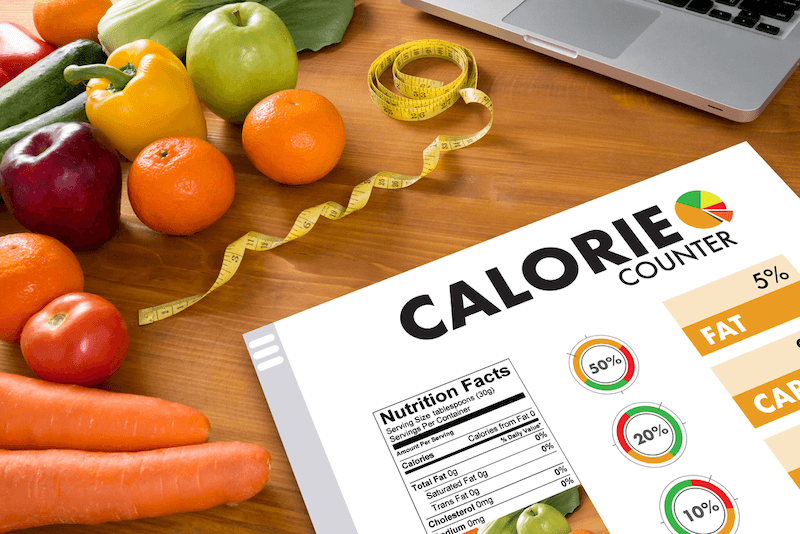The Role of Calories in Human Life
Calories are the unit of measurement for the energy that food provides to the body and the energy the body consumes through daily activities. This energy is essential for the body’s survival and functioning, even during rest. Even while sleeping, the body requires energy to maintain vital functions. The more active we are, such as when exercising or performing strenuous work, the more energy our body expends.
Without sufficient energy, the body cannot function and sustain life. On the other hand, if energy intake exceeds energy expenditure, the surplus is converted into fat and stored in the body. This fat accumulation, if prolonged, can lead to various chronic health conditions such as high blood pressure, lipid disorders, cardiovascular diseases, diabetes, and bone and joint problems.
Conversely, if the body consistently experiences an energy deficit due to insufficient calorie consumption relative to daily needs, this can also lead to serious health issues. Prolonged energy deficiency can result in fatigue, lethargy, stress, reduced concentration, and even irritability.
When the body is subjected to a calorie-deficient diet, it faces the risk of lacking essential minerals and vitamins, such as iron and folate. In a state of energy deficiency, the body relies on energy reserves from muscles and fat to sustain its functions, leading to physical weakness and a weakened immune system.
Therefore, maintaining an appropriate daily energy intake is crucial for the body’s efficient functioning. Consuming too little or too much energy can have negative impacts on health.

How Many Calories Does Each Person Need Daily?
Daily calorie needs vary depending on several factors, including gender, age, weight, height, and activity level. For instance, healthy adult women typically require around 2,000 calories per day to maintain a stable weight and meet basic energy requirements.
For men, due to differences in metabolic rates, higher energy needs, and usually larger body size, the average calorie requirement is approximately 2,500 calories per day.
Individuals with higher physical activity levels will require more calories to meet their body’s energy demands. Thus, estimating the necessary calorie intake should be based on one’s daily activities.
Different food groups provide varying calorie benefits—for instance, calories from protein support muscle building and maintenance, while calories from fiber promote a longer feeling of fullness and curb unnecessary cravings.
The energy provided by each specific nutrient is as follows:
– 1 gram of carbohydrate provides 4 calories.
– 1 gram of protein provides 4 calories.
– 1 gram of fat provides 9 calories.
To estimate individual energy needs, one can use the Mifflin – St Jeor equation:
For women: Daily calorie need = (6.25 x height in cm) + (10 x weight in kg) – (5 x age) – 161
For men: Daily calorie need = (6.25 x height in cm) + (10 x weight in kg) – (5 x age) + 5
































